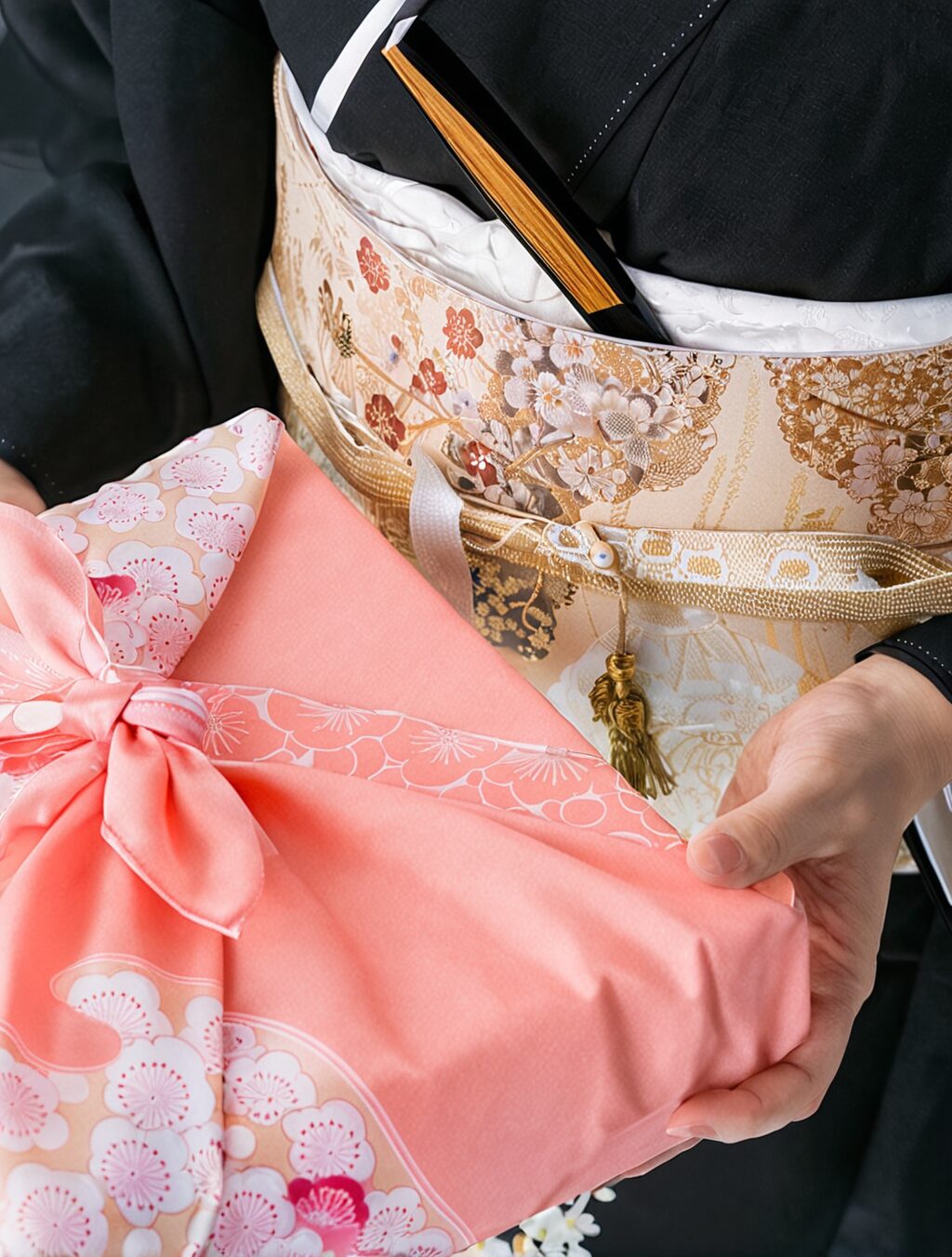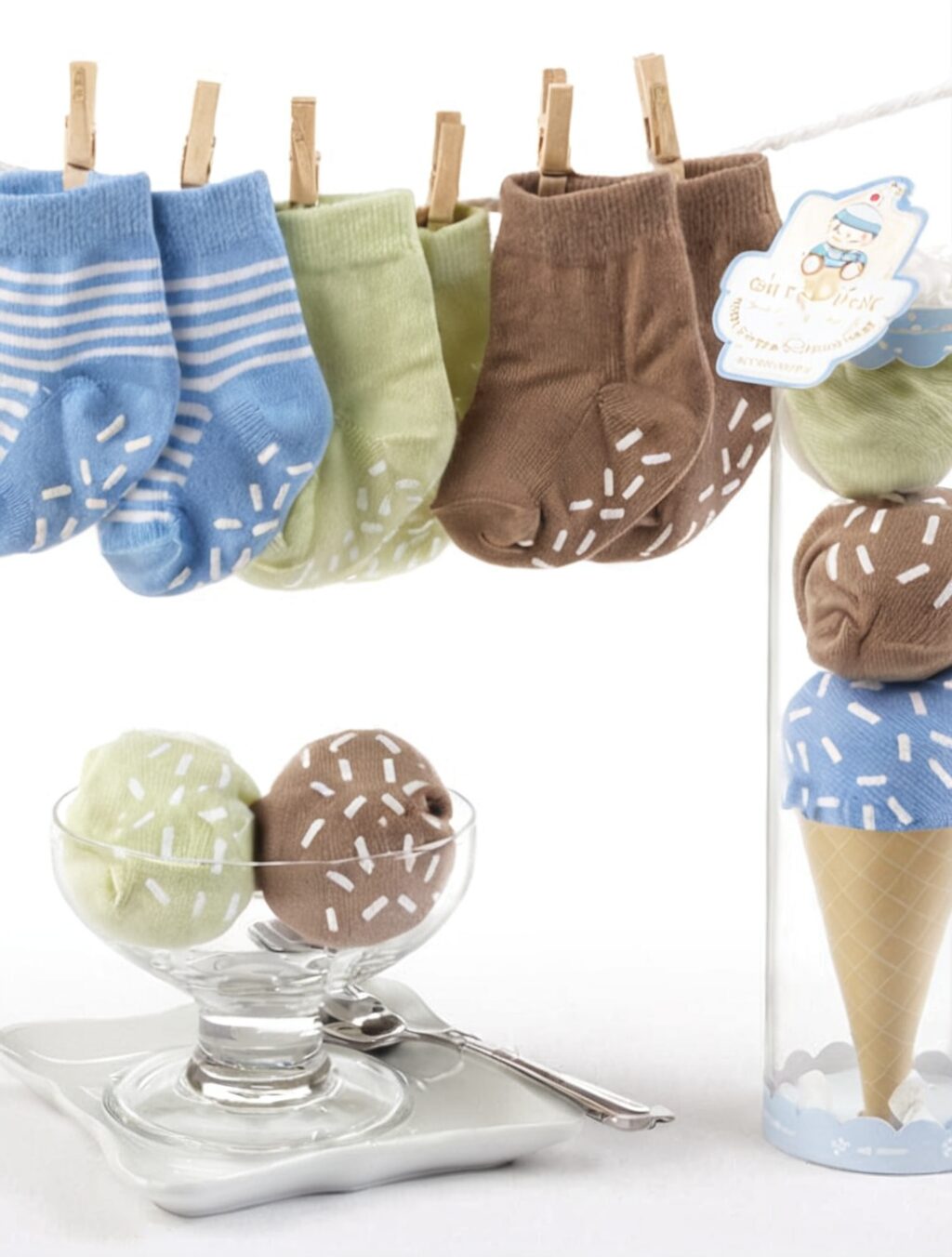Gift Giving in Japan: Customs and Etiquette
When it comes to gift-giving, Japan has a unique set of customs and etiquette that can be quite different from what you’re used to.
Giving socks as a gift in Japan, for example, is considered to be a faux pas, as the word for “socks” (靴下, kutsushita) is a homophone for the word “to sever” (切れる, kireru). This can be seen as a bad omen, as it implies that you are severing your relationship with the recipient.
The meaning of gift wrapping in Japan is also significant. The color of the wrapping paper can convey a specific message. For example, red is associated with happiness and celebration, while white is associated with mourning. It’s important to choose the right color of wrapping paper for the occasion.
When choosing a gift, it’s also important to consider the recipient’s age, gender, and social status. For example, it’s customary to give a more formal gift to an older person or someone in a higher social position.
Finally, it’s important to remember that gift-giving in Japan is not just about the gift itself, but also about the act of giving. Be sure to present your gift with both hands and a polite bow.
FAQs:
- What is the meaning of gift in Japanese?
- The Japanese word for “gift” is “okurimono” (贈り物).
- What are some common gift-giving occasions in Japan?
- Common gift-giving occasions in Japan include birthdays, weddings, anniversaries, and the New Year.
- What are some popular gift ideas for people in Japan?
- Popular gift ideas for people in Japan include food, flowers, gift certificates, and traditional Japanese crafts.
Gift-giving in Japan is a complex and nuanced tradition. By understanding the customs and etiquette involved, you can ensure that your gift is well-received and appreciated.
gift meaning in japanese

Japanese Names Meaning “Gift”
Many Japanese names have beautiful meanings, and some of the most popular names mean “gift.” Here are a few examples:
- Aiko (愛子) means “beloved child” or “gift of love.”
- Kanako (佳奈子) means “good child” or “gift of beauty.”
- Natsumi (奈津美) means “summer beauty” or “gift of the summer.”
- Haruki (春輝) means “spring light” or “gift of spring.”
- Takara (宝) means “treasure” or “gift of God.”
These names are all popular choices for both boys and girls, and they can be a great way to give your child a name with a special meaning.
If you’re looking for a more unique name, you can also consider some of the following names, which are less common but still have beautiful meanings:
- Tamaki (珠姫) means “pearl princess” or “gift of the sea.”
- Sora (空) means “sky” or “gift of the heavens.”
- Hikari (光) means “light” or “gift of the sun.”
- Aoi (葵) means “hollyhock” or “gift of nature.”
- Ren (蓮) means “lotus flower” or “gift of purity.”
No matter what name you choose, your child is sure to appreciate the special meaning behind it.
FAQs:
- What is the most popular Japanese name meaning “gift”?
- The most popular Japanese name meaning “gift” is Aiko (愛子).
- Can Japanese names have multiple meanings?
- Yes, many Japanese names have multiple meanings. For example, the name Aiko can mean both “beloved child” and “gift of love.”
- How do I choose a Japanese name for my child?
- When choosing a Japanese name for your child, it’s important to consider the meaning of the name, as well as how it will sound with your child’s surname. You may also want to consider the popularity of the name.
Japanese names meaning “gift” are a beautiful and meaningful way to name your child. Whether you choose a popular name like Aiko or a more unique name like Tamaki, your child is sure to appreciate the special meaning behind their name.
